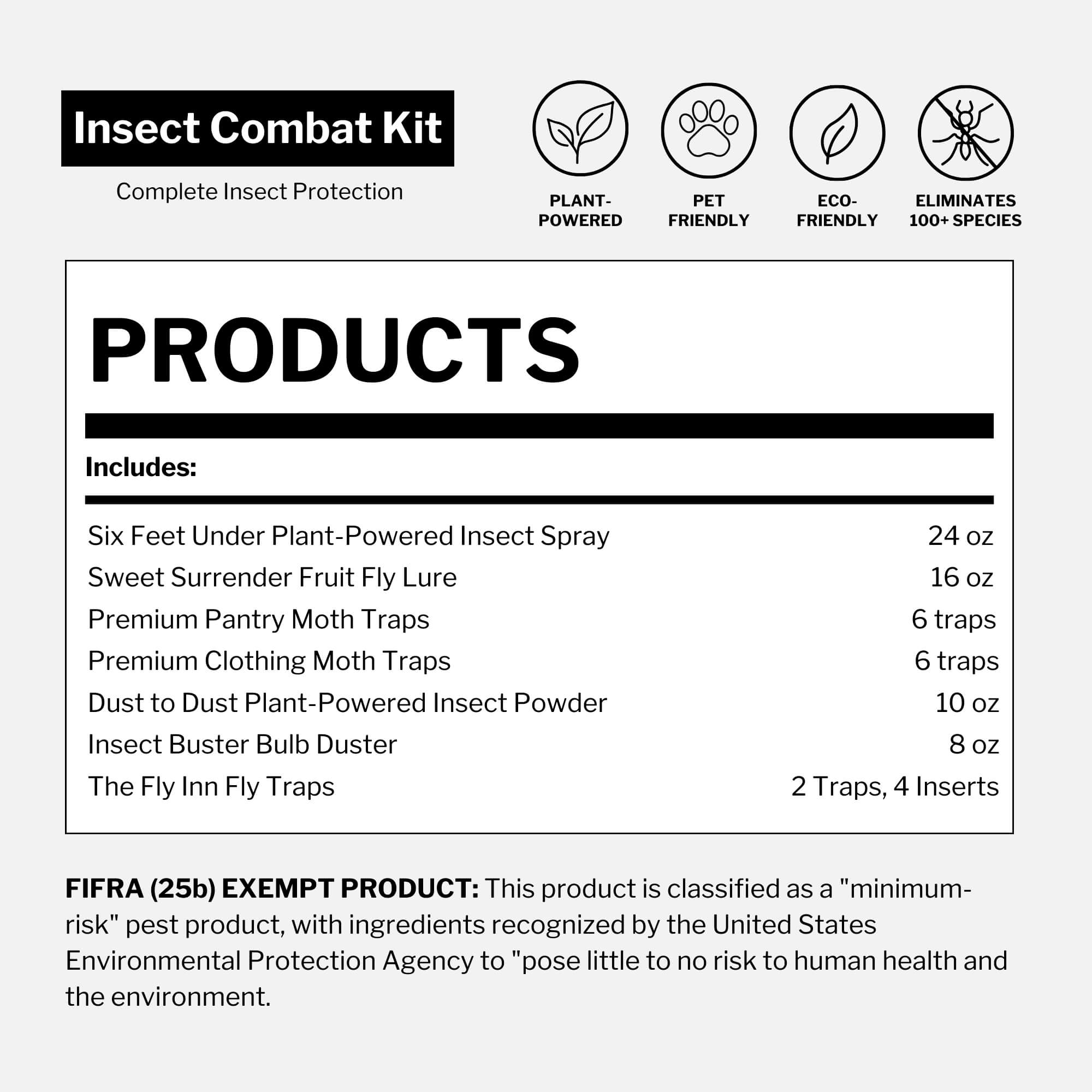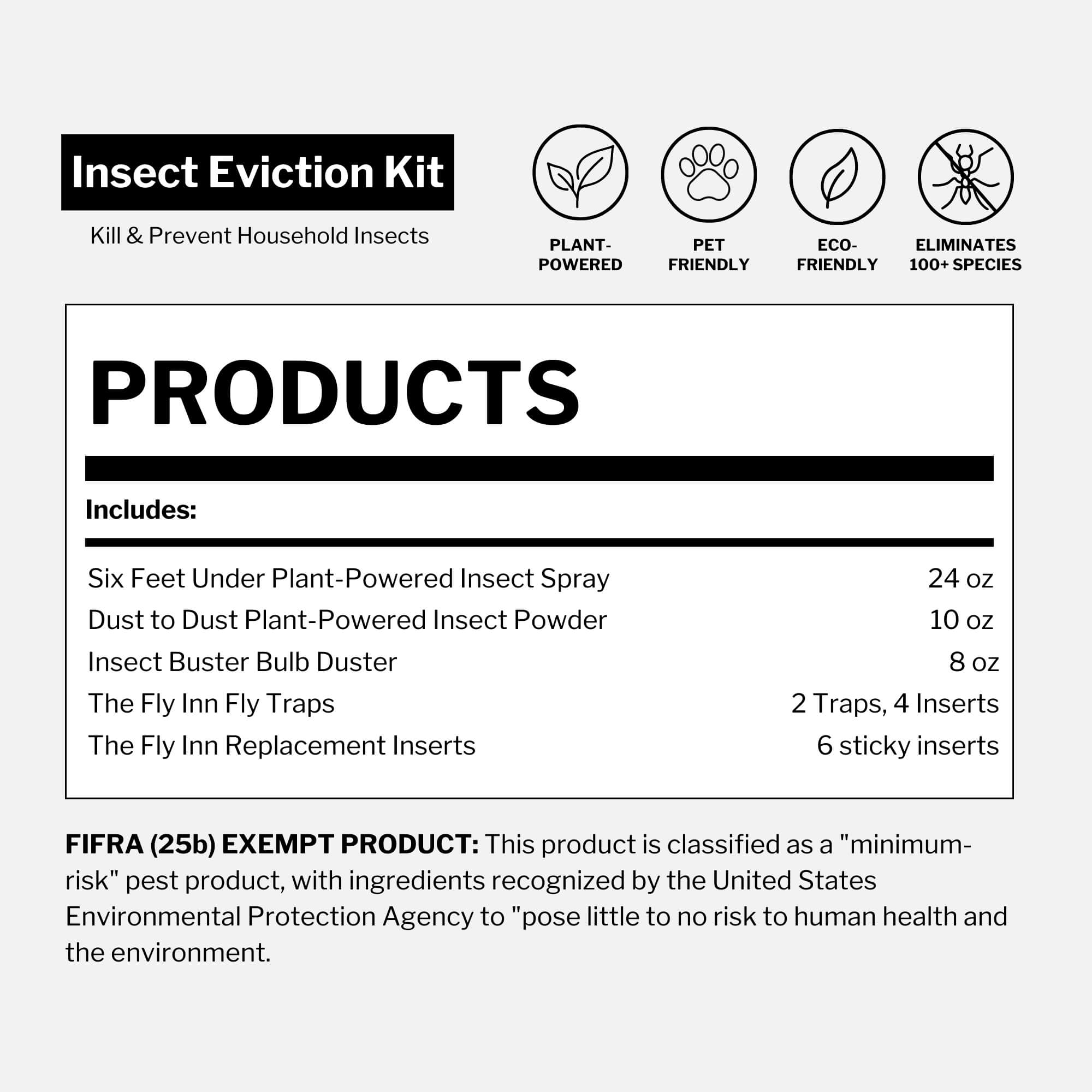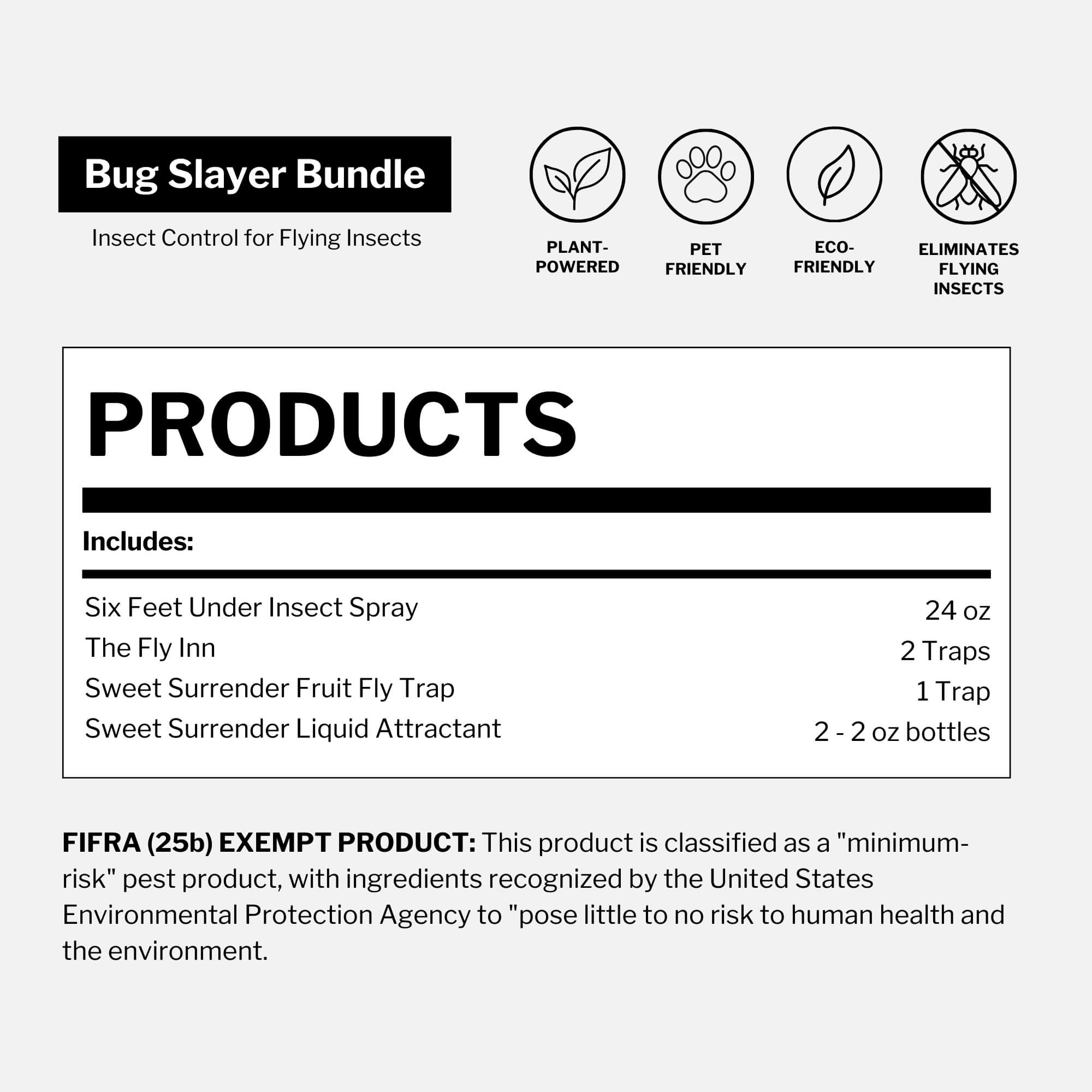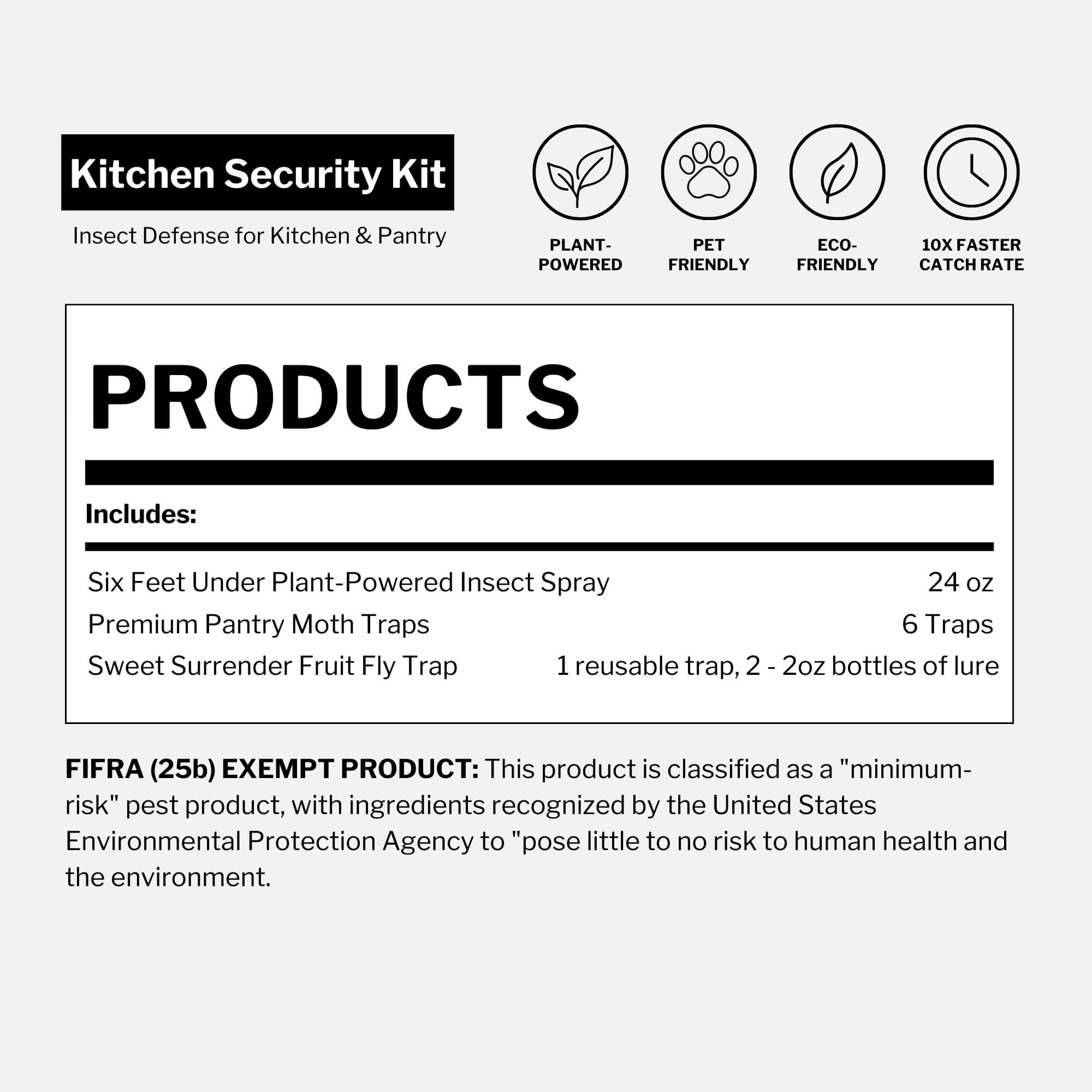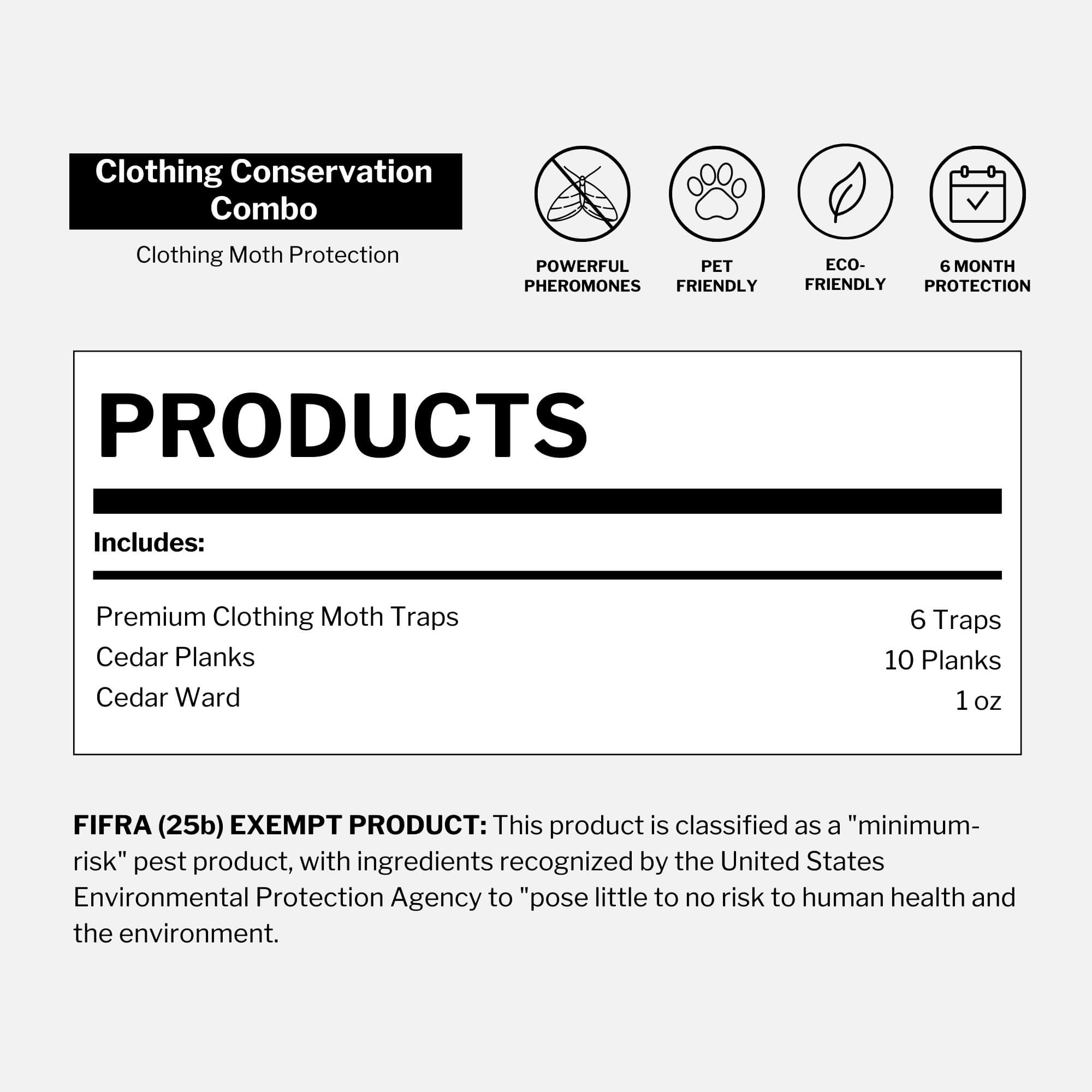Updated on April 25th, 2025
Think mosquitoes are just pesky bloodsuckers? Think again. These tiny insects play surprising ecological roles—from pollinating plants to supporting aquatic life.
In this article, we’ll uncover the benefits of mosquitoes—and why they matter more than most people realize.
Ecological harmony: Mosquitoes in the bigger picture

In the grand design of nature, every creature—no matter how small or overlooked—plays a vital role in keeping ecosystems in balance. Mosquitoes are more than nuisances; their role as predator and prey creates a harmonious rhythm within the natural order. Their larvae, for example, serve as an essential food source for many aquatic creatures.
Do mosquitoes pollinate? The role of male mosquitoes in the ecosystem
We often focus on the high-pitched whine of blood-seeking female mosquitoes and overlook their pollinating, nectar-feeding male counterparts. These males help plants reproduce as they move from bloom to bloom, quietly supporting biodiversity.
In some ecosystems, their role as pollinators supports native flora that rely on small insects for fertilization. Though less efficient than bees, their constant foraging adds value to plant life.
For example, Aedes communis—a common mosquito species in northern North America—has been identified as a pollinator of native orchids.
"This mosquito is an important pollinator of the blunt-leaved bog orchid (Platanthera obtusata), a plant found in spruce forests and bogs in northern North America."
— U.S. Forest Service
The unsung heroes: Mosquito larvae
Beneath the surface of stagnant water bodies lies a hidden world teeming with mosquito larvae. These small, wriggling creatures are a vital food source for fish, amphibians, aquatic insects—and even some birds. Their sheer abundance makes them a reliable and accessible link in the food chain, helping to support entire freshwater ecosystems.
Did you know? Gambusia affinis—also known as mosquito fish—begin eating mosquito larvae as soon as the eggs hatch. Other species like goldfish, guppies, bass, bluegill and catfish also feed on larvae
Why mosquito control matters—even though mosquitoes benefit the ecosystem
While mosquitoes play a meaningful role in ecosystems, their population growth can quickly spiral—especially considering that a single female mosquito can lay up to 500 eggs in her lifetime. These insects are known carriers of dangerous diseases like malaria, dengue fever, Zika virus and West Nile virus. That’s why mosquito control isn’t just about comfort—it’s a matter of public health.
"The mosquito is the world’s deadliest animal... [It] kills more people than any other creature in the world."
— Centers for Disease Control and Prevention
Implementing sustainable solutions
Efforts to control mosquito populations must be sustainable. Chemical sprays can harm beneficial insects and disrupt the ecological roles mosquitoes play. Instead, adopting Integrated Pest Management (IPM) allows us to reduce disease risk and maintain ecosystem balance.
IPM involves a combination of nature-based strategies, including:
- Biological control: Introducing or supporting natural predators of mosquitoes—such as dragonflies or bats—help reduce larvae populations without chemicals. You can attract these predators by installing bat houses or creating garden ponds and native plant habitats that support dragonfly life cycles.
- Habitat modification: Eliminating standing water and incorporating mosquito-repellent plants in outdoor spaces (see below) to deter breeding and feeding behavior.
- Targeted pesticide application: Use plant-powered products like Six Feet Under Plant-Powered Insect Spray, a natural spray safe for indoor and outdoor use. Its lab-proven blend of soybean, clove and cinnamon oils destroys a mosquito’s fragile exoskeleton while enhancing absorption and efficacy—quickly neutralizing threats without harming non-target species, polluting the environment or putting your family or pets at risk.

Mosquito-repellent plants that help protect your space
Certain plants naturally emit fragrances that deter mosquitoes, making them perfect for patios, entryways and garden edges. Their aromatic oils disrupt mosquitoes’ sensory perception, making it difficult for them to find hosts.
Top mosquito-repelling plants include:
- Citronella
- Basil
- Lemongrass
- Lavender
Strategically place these plants around your outdoor areas.
Beyond the buzz: The hidden role of mosquitoes in nature
Before swatting them away, it’s worth asking: Why do mosquitoes exist—and do they serve a purpose in nature?
The fragile balance of ecosystems

The web of life is a delicate tapestry of interconnected relationships and mosquitoes are integral threads woven within it. Their larvae provide a vital food source for fish and other aquatic life, while adult mosquitoes support birds, bats and pollinators. Wiping them out could disrupt entire ecosystems—starting with freshwater habitats and rippling up the food chain.
Ready to rethink how you deal with mosquitoes?
Understanding the role of mosquitoes in nature doesn’t mean you have to live at their mercy. With plant-powered, eco-conscious products from Dr. Killigan’s, you can protect your home and family—without harming beneficial species or the environment. It’s mosquito control that respects the balance of life.




